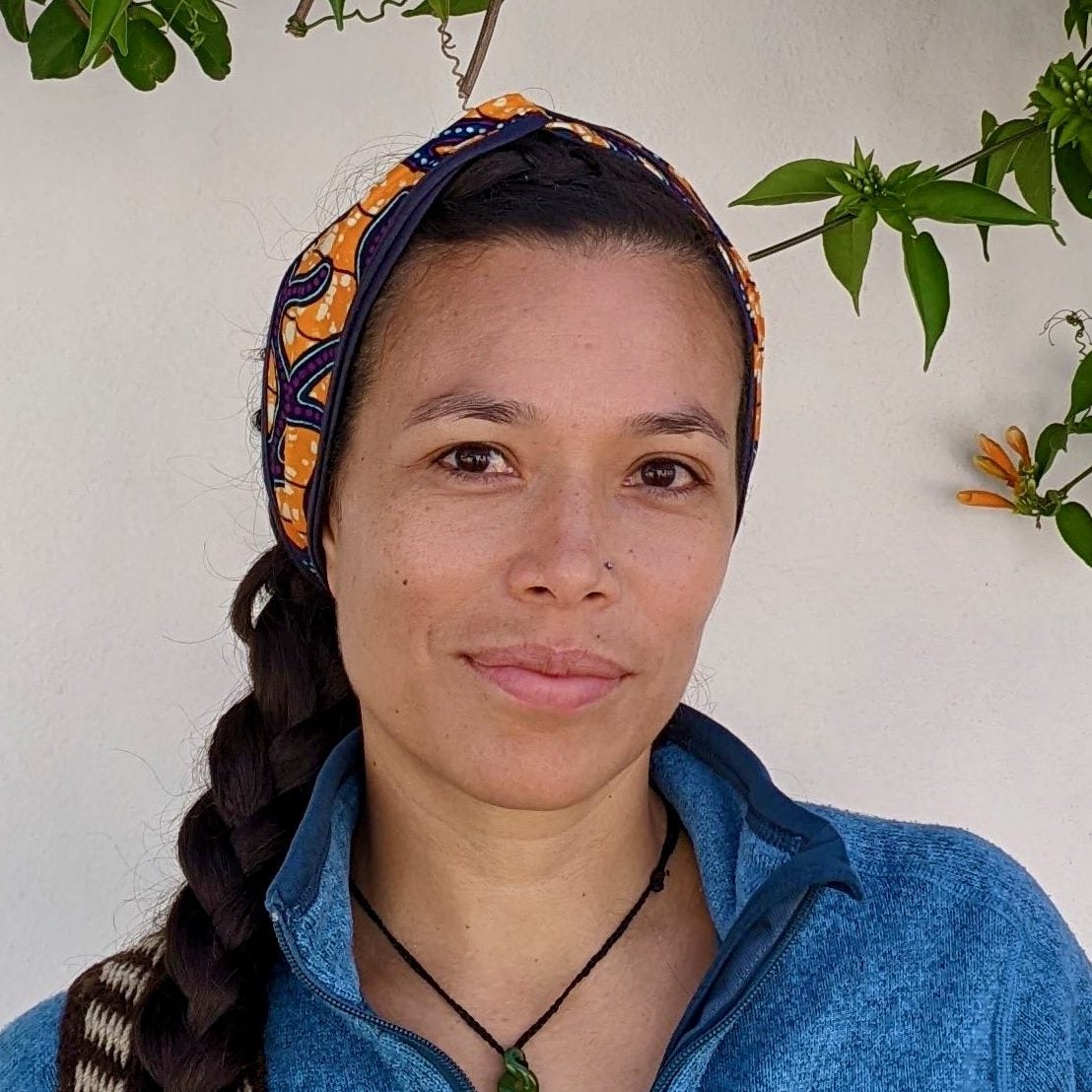- Assistant Professor of Oceanography
- Marine and Atmospheric Chemistry
- Email: fenix.garcia@uri.edu
- Office Location: 218 CACS
- Website
Biography
I am a carbon biogeochemist working in both marine and freshwater systems. My research interests are driven by the need to elucidate how climate-driven events and anthropogenic stressors are altering the carbon cycle. Natural and anthropogenic activities are expected to disturb carbon reservoirs that have been stored in ocean sediments and terrestrial landscapes over thousands of years. My research has primarily focused on determining the chemical transformations and fate of the mobilized carbon, their role in ocean chemistry (e.g. ocean acidification), and potential release into the atmosphere as greenhouse gasses. I use stable and radioisotope tools to quantify and trace carbon cycling within and between aquatic (marine and freshwater), terrestrial, and atmospheric systems.
Prior to joining URI – GSO, I was a postdoctoral scholar at the University of Washington, Seattle, and a member of the Ecosystem Biogeochemistry group and NASA ABoVE program. I completed my Ph.D. at the University of Rochester at the Ocean Biogeochemistry group and hold a M.Sc. from Texas A&M University.
Research
- Marine and Aquatic Carbon Chemistry
- Isotope Geochemistry
- Climate Change and Ocean Acidification
- Greenhouse Gases
Education
Ph.D. Geosciences, University of Rochester
M.S. Oceanography, Texas A&M University
B.S. Chemistry, Binghamton University
Selected Publications
Kyzivat, E.D., Smith, L.C., Garcia-Tigreros, F., Huang, C., Wang, C., Langhorst, T., Fayne, J.V., Harlan, M.E., Ishitsuka, Y., Feng, D., 2022. The Importance of Lake Emergent Aquatic Vegetation for Estimating Arctic-Boreal Methane Emissions. Journal of Geophysical Research: Biogeosciences 127, e2021JG006635.
Garcia-Tigreros, F., Leonte, M., Ruppel, C.D., Ruiz-Angulo, A., Joung, D.J., Young, B., Kessler, J.D., 2021. Estimating the impact of seep methane oxidation on ocean pH and dissolved inorganic radiocarbon along the US Mid-Atlantic Bight. Journal of Geophysical Research: Biogeosciences 126, e2019JG005621.
Garcia-Tigreros, F., Kessler, J.D., 2018. Limited acute influence of aerobic methane oxidation on ocean carbon dioxide and pH in Hudson Canyon, northern US Atlantic margin. Journal of Geophysical Research: Biogeosciences 123, 2135–2144.
Sparrow, K.J., Kessler, J.D., Southon, J.R., Garcia-Tigreros, F., Schreiner, K.M., Ruppel, C.D., Miller, J.B., Lehman, S.J., Xu, X., 2018. Limited contribution of ancient methane to surface waters of the US Beaufort Sea shelf. Science Advances 4, eaao4842.
Lecher, A.L., Kessler, J., Sparrow, K., Garcia-Tigreros Kodovska, F., Dimova, N., Murray, J., Tulaczyk, S., Paytan, A., 2016. Methane transport through submarine groundwater discharge to the North Pacific and Arctic Ocean at two Alaskan sites. Limnology and Oceanography 61, S344–S355.
Kodovska, F.G.-T., Sparrow, K.J., Yvon-Lewis, S.A., Paytan, A., Dimova, N.T., Lecher, A., Kessler, J.D., 2016. Dissolved methane and carbon dioxide fluxes in Subarctic and Arctic regions: Assessing measurement techniques and spatial gradients. Earth and Planetary Science Letters 436, 43–55.
Dimova, N.T., Paytan, A., Kessler, J.D., Sparrow, K.J., Garcia-Tigreros Kodovska, F., Lecher, A.L., Murray, J., Tulaczyk, S.M., 2015. Current magnitude and mechanisms of groundwater discharge in the Arctic: case study from Alaska. Environmental Science & Technology 49, 12036–12043.
Paytan, A., Lecher, A.L., Dimova, N., Sparrow, K.J., Kodovska, F.G.-T., Murray, J., Tulaczyk, S., Kessler, J.D., 2015. Methane transport from the active layer to lakes in the Arctic using Toolik Lake, Alaska, as a case study. Proceedings of the National Academy of Sciences 112, 3636–3640.

